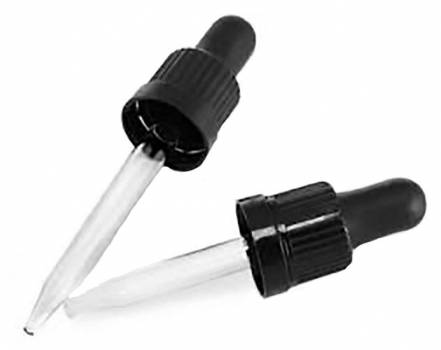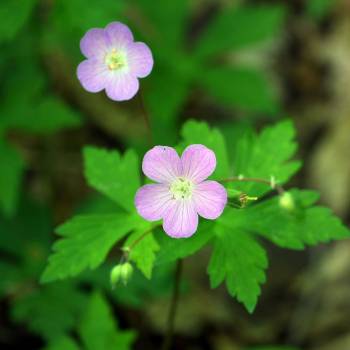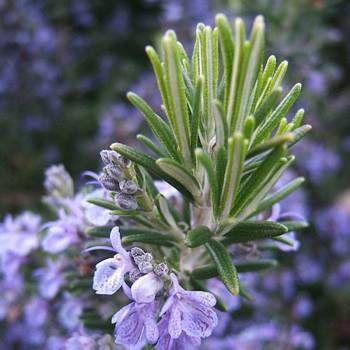Welcome Sign in
Product successfully added to your shopping cart
There are 0 items in your cart. There is 1 item in your cart.
Fennel sweet - Foeniculum vulgare
The ideal oil for use with cellulite, especially when used in massage as part of a synergistic blend. Distilled from the crushed seeds of the herb, Fennel also makes a refreshing mouthwash. Toning and cleansing.
New
Available
Data sheet
| County of Origin | Hungary, France |
| Therapeutic Properties | Anti-septic, anti-spasmodic, carminative, circulatory stimulant, depurative, digestive stimulalnt, digestive tonic, diuretic, emmenagogic, estrogenic, expectorant, lymph decongest, stomachic |
| Botanical Family | Apiaceae |
| Chemical Family | Ethers |
| Approx. Shelf Life | 5 years |
| Plant Parts | Seseds |
| Note Classification | Top | Middle |
| Method of Extraction | Steam Distilled |
| Blends well with | Basil, Geranium, Lavender, Lemon, Rose, Rosemary, Sandalwood |
More info
History: The Romans and Greeks used it to lose weight, promote courage and prolong life. Romans used it for eye problems, especially to improve the sight. The Hindus and Chinese used it for snake and scorpion bites. Fennel was thought to ward off evil spirits during the middle ages.
Characteristics: A top note with a medium aroma, Fennel Sweet Essential Oil has a similar to that of black licorice.
Clinical Studies:
Indications: Used to improve circulation, improve digestion, soothe and purify the intestines, relieve flatulence, reduce cellulite, reduce stress, promote sleep, help breathing, relieve pain and menstrual discomfort, increase lactation, and as a disinfectant.
Personality Profile:
Subtle Aromatherapy:
Mode of Administration: Aroma lamp, bath, diffusor, inhaler, light bulb ring, massage, mist spray, steam inhalation.
Safety: Nontoxic, do not use with anise and coriander, avoid in pregnancy, with epilepsy or with kidney problems.










